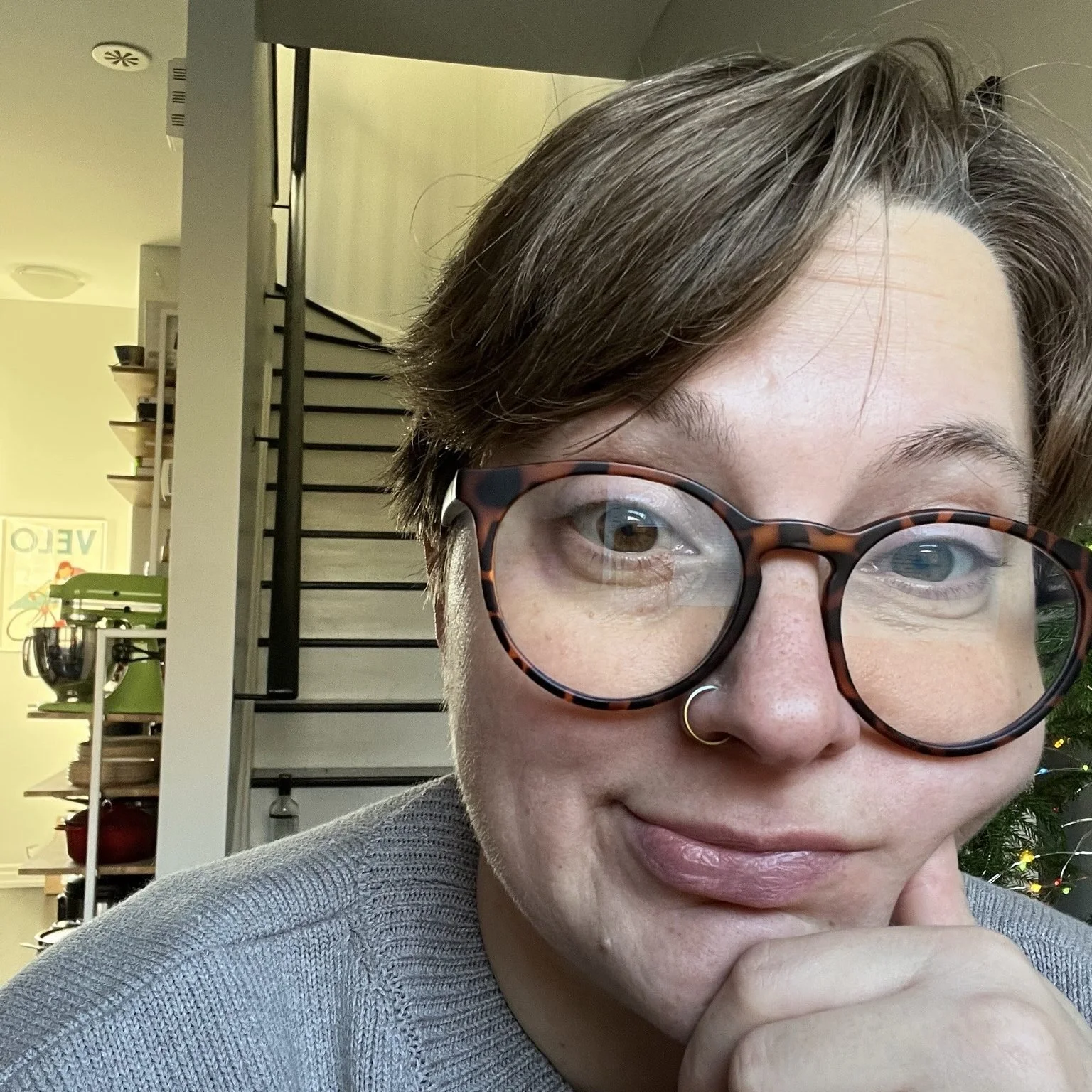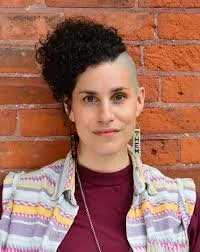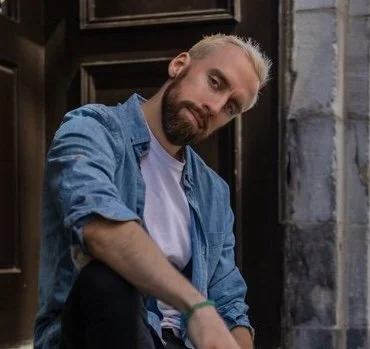
Building Anti-Oppressive Mental Health Training for Youth Workers
The Challenge: Addressing Mental Health Needs Through an Intersectional Lens
Youth workers play a vital role in the well-being of young people, yet they often lack access to training that fully equips them to support the mental health challenges faced by Black, Indigenous, and 2SLGBTQIA+ youth. Recognizing this gap, the Canadian Women’s Foundation (CWF) sought an experienced partner to develop an innovative, anti-racist, and anti-oppressive learning program that would provide youth workers with the skills and strategies needed to foster mental well-being among marginalized youth.
This training needed to:
Integrate the latest research on the mental health challenges faced by young girls and gender-diverse youth, particularly in Black and Indigenous communities.
Equip youth workers with practical, actionable strategies to build protective factors in their programs.
Center feminist, intersectional, and decolonizing approaches to ensure the curriculum reflected the lived realities of the youth it aimed to support.
Be tested and refined through real-world application with youth-serving organizations across Canada.
First, We Assembled A Strong Team
-

Roxanne Desforges
Instructional & eLearning Design
-

Danielle-Jocelyn Outu
ARAO Expert NEW ROOM
-

Erin Willett
Learning & Graphic Design
NEW ROOM -

Catherine Plouffe-Jetté
Manager, Community Initiatives
Canadian Women’s Foundation -

Keetha Mercer
Senior Director, Community Initiatives
Canadian Women’s Foundation -

Marla Schreiber
Therapist & Educator
-

Sam Nyimawumuntu
Founder/Director, Black Healing Circle
-

Matthew Pyke
Instructional Design
Our Approach: A Collaborative, Research Driven Process
As the instructional designers and e-learning developers, we collaborated with the subject matter experts from New Room to responded to this challenge. Our approach was to prioritized lived-experience, practical application, and research-backed methods.
Phase 1: Understanding the Needs of Canadian Youth Workers
Conducted a national needs assessment, gathering insights from youth workers, community leaders, and mental health practitioners.
Engaged key stakeholders, including Black and Indigenous youth-serving organizations, to ensure the program was truly reflective of their needs. During this phase, we learned that the most effective and accessible educational format for busy youth workers with unpredictable schedules was a fully self-paced e-learning course.
Phase 2: Designing a Skill-Building Model
Developed a comprehensive, skills-based curriculum tailored to the realities of youth workers.
Integrated principles of learning science to maximize real-world application and knowledge transfer.
Included practical tools such as case studies, role-playing exercises, and guided self-reflection activities.
Developed a unique creative direction to give the course a hand-crafted and “made with love” look and feel.
Phase 3: Pilot Testing & Feedback
Partnered with six organizations across Canada to test the training in real-world settings.
Collected detailed feedback to refine the curriculum and ensure it was accessible, relevant, and actionable.
Phase 4: Finalization & LMS Course Integration
Authored the course using Articulate RISE, with a focus on accessibility and interactivity.
Delivered a validated training program with practical takeaways for youth workers which was integrated into their LMS, Thinkific.
"I'm super appreciative of the work you all did on this because
I feel like now we have this beautiful, impactful program that so many people will be able to take."
– Catherine Plouffe-Jetté,
Manager, Community Initiatives
Take a look.
The Impact: Strengthening the Sector for Long-Term Change
This project has set a new standard for anti-oppressive, trauma-informed training in the youth mental health space. By grounding our work in equity, social justice, and community collaboration, we ensured that the program not only educated but empowered youth workers to create meaningful change in the lives of the young people they support.
Key outcomes include:
Enhanced confidence and capacity among youth workers to support mental health needs.
Sustainable learning materials that will continue to be used across the sector.
Partnering for Change
Through this collaboration, we look forward to strengthening the youth sector by equipping frontline workers with the skills, knowledge, and confidence to address mental health challenges in a way that is inclusive, affirming, and sustainable. At Pure & Applied, we believe that learning design has the power to transform communities. This project was an opportunity to bring that belief to life.

